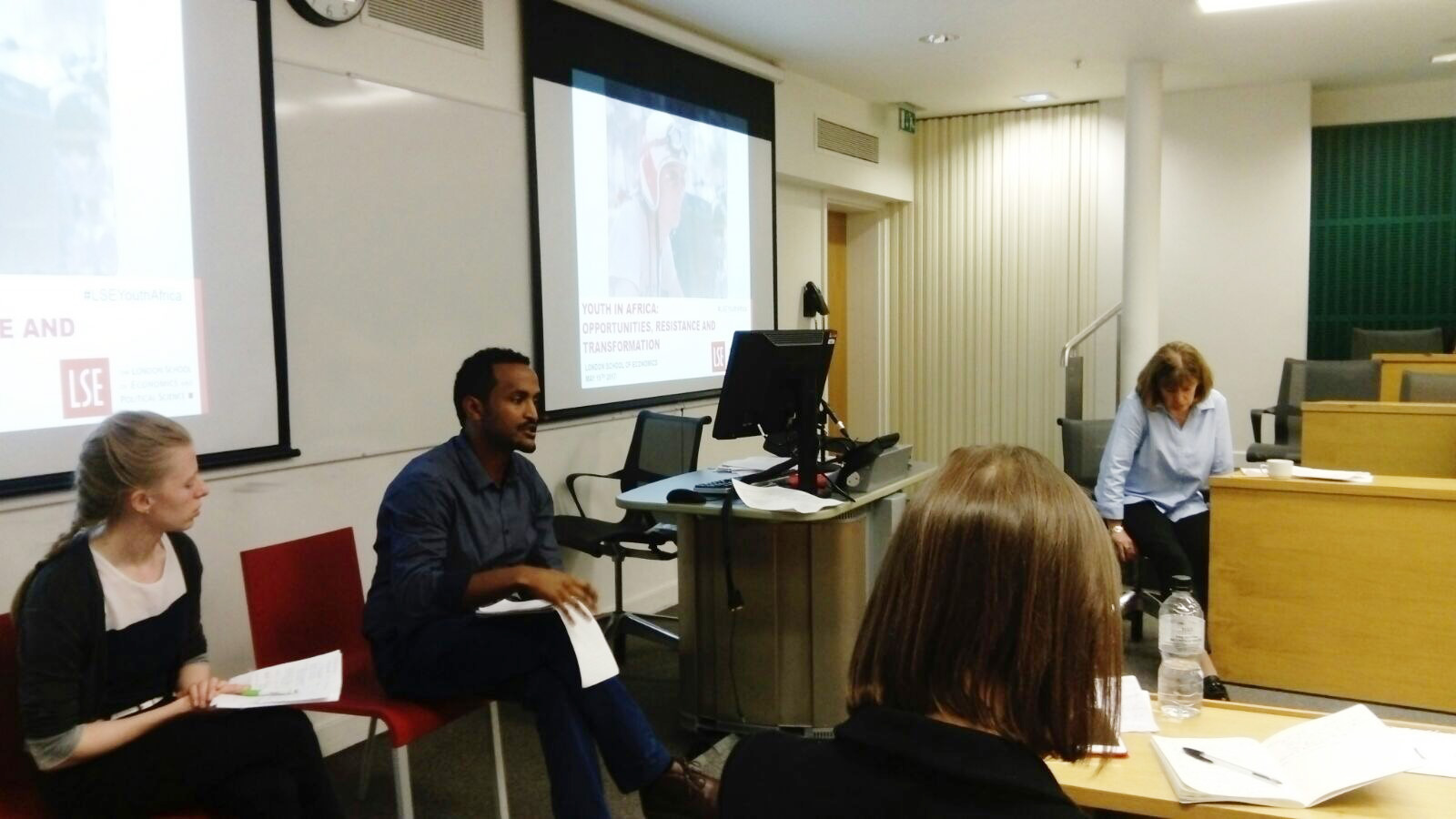Yesterday (03/04/17), Professor Robert Wade had a letter published in the Financial Times in which he responds to a letter from Professor Nicholas Boyle entitled: ‘British’ need help to come to terms with their past.
Sir, Professor Nicholas Boyle (Letters, March 30) describes some of the neglected effects on Britain of acquiring and running a global empire for over 200 years. We should add the effects on Britain’s economic development strategy and on the dominant paradigm of economics.
The empire encouraged British business to invest in colonial or quasi-colonial territories relatively more than at home, in contrast to German, Japanese, US competitors – and to neglect the physical and educational infrastructure for continuous industrial upgrading at home. From early on, finance acquired an outsized role, with its demands that British companies give priority to short-term success targets such as profits, dividends, and share prices.
These trends were sanctioned by the emerging economics paradigm, focused on the role of government in facilitating “exchange” as the key to national competitiveness — even to the point of making belief in comparative advantage and free trade the litmus test of competence to be an economist. The government, having put the right exchange-based incentive structure in place, should get out of the way, assuming that whatever production structure emerged from the profit-seeking investment decisions of private firms, domestic and foreign equally, would be for the best. Again, this approach contrasts with the more production-based paradigm that guided German, Japanese and US economic thinking.
British manufacturing was slow to introduce interchangeable parts, a culture of “continuous improvement”, profit-sharing reward incentives, team-based multi-skilled work organization, minimal separation between managers and workers, and heavy investment in vocational education. It remained stuck with piece-rate incentive systems, elaborate job classifications, sharp hierarchical separation between managers and workers, even as manufacturing firms lost more and more market share. The government undertook ad hoc industrial policy with subsidies, tax concessions and material infrastructure driven less by national or regional strategy than by electoral calculation to save “lame ducks”.
The fact of empire predisposed British policymakers and economists to think, wrongly, that improving exchange (rather than production at home) was the key to national prosperity. We still live with this mindset.
Robert H. Wade
Professor of Global Political Economy,
London School of Economics
The letter was original published in The Financial Times.
Robert H. Wade is Professor of Political Economy at the London School of Economics.
The views expressed in this post are those of the author and in no way reflect those of the International Development LSE blog or the London School of Economics and Political Science.





